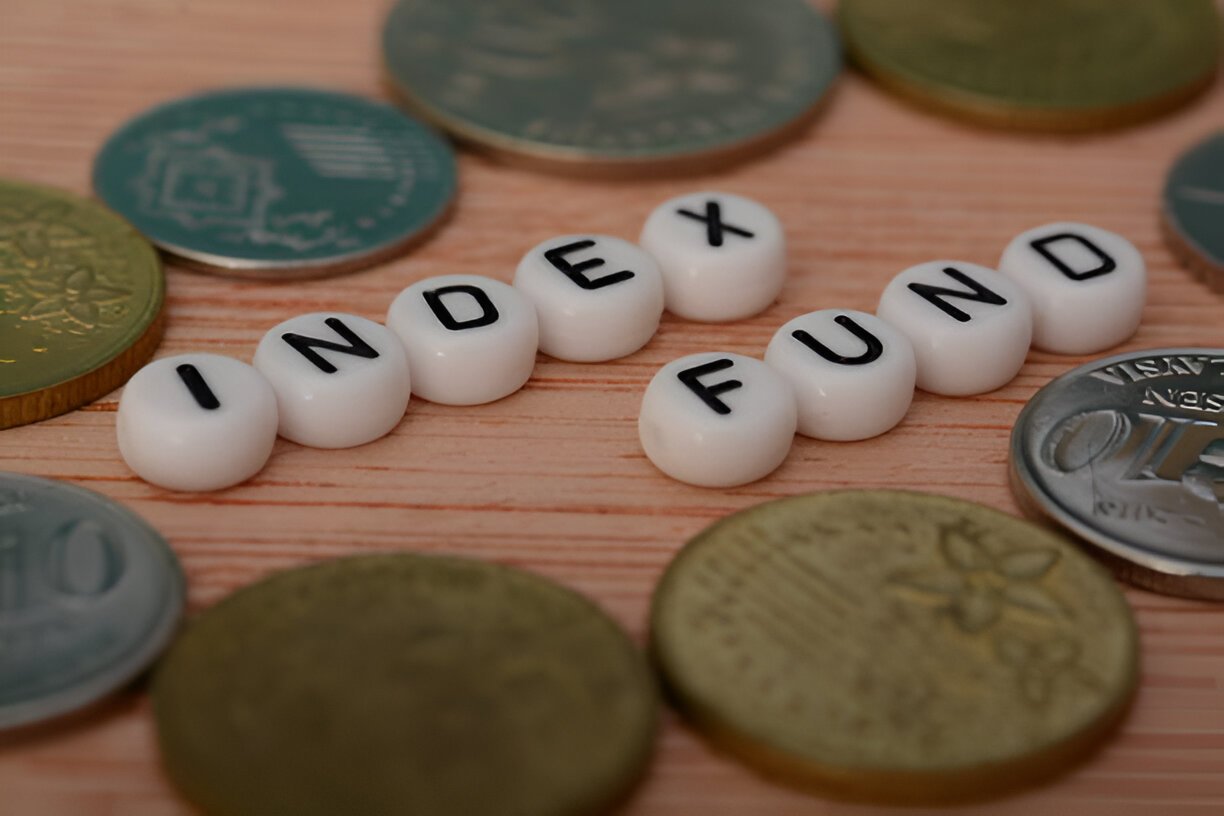As an investor, I often look for ways to diversify my portfolio beyond U.S. markets. One compelling option is the ACWI ex US Index Mutual Fund, which provides exposure to international equities while excluding U.S. stocks. In this guide, I break down what this fund is, how it works, and why it might fit into a well-balanced investment strategy.
Table of Contents
What Is the ACWI ex US Index Mutual Fund?
The MSCI ACWI ex US Index (All Country World Index ex USA) tracks mid- and large-cap stocks across developed and emerging markets outside the United States. A mutual fund that mirrors this index allows investors to gain broad international diversification without direct stock-picking.
Key Features of the ACWI ex US Index
- Global Coverage: Includes equities from over 20 developed and 20 emerging markets.
- Market-Cap Weighted: Larger companies have a greater influence on performance.
- Excludes U.S. Stocks: Focuses purely on international markets.
Why Invest in an ACWI ex US Index Fund?
1. Diversification Benefits
U.S. stocks don’t always outperform international markets. By investing in the ACWI ex US Index, I reduce concentration risk and benefit from growth in other economies.
2. Exposure to Emerging Markets
Emerging markets like China, India, and Brazil often grow faster than developed economies. The ACWI ex US Index includes these high-growth regions, offering potential upside.
3. Lower Correlation with U.S. Stocks
Historically, international equities have not moved in lockstep with U.S. markets. This can help smooth out volatility in my portfolio.
How the ACWI ex US Index Is Constructed
The index follows a free-float adjusted market capitalization methodology, meaning it weights companies based on their market value while excluding closely held shares. The formula for calculating a company’s weight is:
Weight_i = \frac{Market\ Cap_i}{\sum_{j=1}^{n} Market\ Cap_j}Where:
- Market\ Cap_i = Free-float market cap of company i
- \sum_{j=1}^{n} Market\ Cap_j = Total free-float market cap of all index constituents
Regional Breakdown (Example)
| Region | Approx. Weight (%) |
|---|---|
| Developed Europe | 40% |
| Japan | 15% |
| Emerging Markets | 25% |
| Other Developed | 20% |
Table 1: Hypothetical regional allocation in the ACWI ex US Index.
Performance and Historical Returns
Over the long term, international stocks have delivered competitive returns, though with higher volatility. For example, from 2010 to 2020, the ACWI ex US Index had an annualized return of around 4.5%, compared to the S&P 500’s 13.6%. However, there have been periods (like 2002-2007) when international stocks outperformed U.S. equities.
Comparing ACWI ex US vs. S&P 500
| Metric | ACWI ex US (10-Yr Avg) | S&P 500 (10-Yr Avg) |
|---|---|---|
| Annual Return | 4.5% | 13.6% |
| Volatility | 16% | 14% |
| Dividend Yield | 2.8% | 1.5% |
Table 2: Rough comparison of historical performance (hypothetical data for illustration).
Tax Considerations for U.S. Investors
Since the ACWI ex US Index includes foreign stocks, I must consider:
- Foreign Tax Credit: The U.S. allows a credit for taxes paid to other countries.
- Dividend Taxation: Qualified dividends are taxed at lower rates, but some foreign dividends may not qualify.
How to Invest in an ACWI ex US Index Fund
Several mutual funds and ETFs track this index, including:
- iShares MSCI ACWI ex U.S. ETF (ACWX)
- Vanguard Total International Stock Index Fund (VTIAX)
Example Investment Calculation
If I invest $10,000 in an ACWI ex US fund with an expense ratio of 0.10%, my annual cost would be:
Annual\ Fee = Investment \times Expense\ Ratio = \$10,000 \times 0.001 = \$10Over 20 years, assuming a 6% annual return, the impact of fees would reduce my final portfolio value by approximately $1,200 compared to a no-fee scenario.
Risks of Investing in ACWI ex US Funds
- Currency Risk: Fluctuations in exchange rates can affect returns.
- Political Risk: Emerging markets face instability.
- Underperformance Risk: U.S. stocks may continue to dominate.
Final Thoughts: Should You Invest?
If I seek diversification and believe in the long-term growth of international markets, the ACWI ex US Index Mutual Fund is a solid choice. However, I must weigh the benefits against currency risks and potential underperformance relative to U.S. equities.





